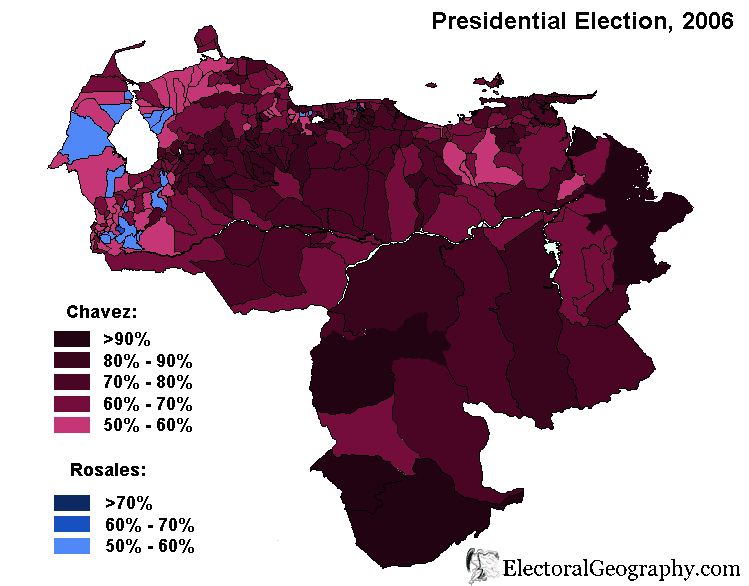
The world is watching with collective dismay the environmental nightmare in the Gulf of Mexico following the explosion of the Deepwater Horizon rig on April 20.
Eleven workers were killed outright in the disaster which led to the rig sinking. In the longer term, the lasting consequences are sure to reach far and wide. The immediate concern is how to stop oil spewing out from the burst pipeline at an estimated 24,000 barrels every single day. BP has managed to capture some of the oil with a containment cap but thousands of litres are escaping in any 24 hour period. This has been going on, unabated until recently, for the best part of two months.
The oil spill is already the USA’s biggest ever environmental disaster with the slick having spread towards the Louisiana, Alabama and Florida coastlines. This will have ramifications for the ecology, wildlife, the fishing industry and tourism of such a large strip of America. Some beaches in Florida are already beginning to display warning signs to would-be bathers. It is extremely worrying that the oil may reach Cuba where the economy is so reliant on foreign visitors. If the oil reaches the Cuban shoreline, it could be the tipping point for a country struggling to survive as a result of the damaging trade embargoes America has placed upon it.
This is not the first time BP has suffered an explosion in the United States. The company was fined $87 million last October for failing to correct safety problems at one of their refineries in Texas in 2005 following a blast which killed 15 workers. This hugely wealthy company continues to prioritise their profits above the safety of their employees and the environment.
Now BP is facing a huge clean-up operation which they must surely foot the bill for. The cost of the clean-up has been estimated to date as £1 billion – less than one month’s profit for the company. However, much more damaging has been the £55 billion that has been wiped off BP’s value since the spill began. This will have huge consequences for the pension market in the UK since so many portfolios are invested in the company. Is it not time for the UK Government to start regulating pension funds so that they are invested in ethical companies? The Fair Pensions campaign, supported by trade unions and charities, has long called for the government to regulate pension funds so that people’s future livelihoods are protected from market failure and irresponsible corporate behaviour. The raising of the state pension, which Plaid Cymru has repeatedly called for, could compensate for any losses following on from the collapse in BP's market value.
In an illuminating article, Guardian columnist George Monbiot has argued whether BP actually delivers a profit. Despite pumping billions of pounds every year into the pockets of its shareholders, Monbiot argues this is money which should be set aside for future liabilities, much in the same way that Norway has treated its oil money. Is it ethical for BP to be making a net profit of £17 billion in 2009 without reinvesting those profits in the planet it is benefiting from, yet ulimately wrecking? Its not. Unless oil companies, and BP are by no means the only offender, begin to invest serious money in the environment and prepare for a future where our need for oil does not outstrip supply, then we are in serious trouble.
Despite the projections that the disaster will spell the end for BP, Monbiot also predicts that the company will ride out the storm and still be in business ten years from now. If that is the case, I hope they will have been forced to learn lessons from the Gulf of Mexico.
UPDATE, FRIDAY JUNE 11 - The US Geological Survey has this morning estimated that up to 40,000 barrels of oil could have been escaping from the ruptured pipeline every day before a cap was fitted at the beginning of the month. This is double the amount of oil previously thought to have been escaping.

